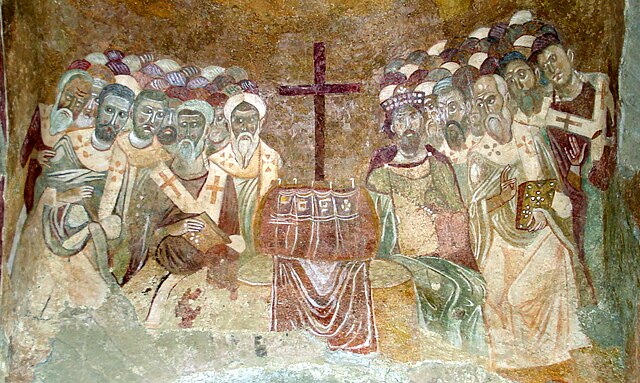
It made me feel kind of cheap The man was sincerely trying to kill me in a fair fight, and I was just setting him up for a bullet. Well, it’s not a chivalrous age, nor is mine an honorable profession. I wasn’t about to risk turning loose a wild man with an army and a nuclear missile because of some boyish notions of fair play.
For some time a cadre of readers has been clamoring for the re-release of Donald Hamilton’s 1960s Matt Helm novels, which have suffered from neglect, probably due in great part to the memory of those lame old movies with Dean Martin, which are as much like the original books as Paris Hilton resembles Conrad Hilton. Aside from the hero’s name and his cover identity as a photographer, the movies are nothing like the books. Matt Helm was often called an American James Bond in his day, and the comparison is a good one. He’s a tall, blondish fellow, a Scandinavian-American born in Minnesota(!). He works as an assassin for a super-secret American spy agency. My impression, on the basis of reading this one book, The Ambushers, is that the Helm novels are a little grittier than the Bond books (no tuxedos or casinos here), and just a tad more humane.
In this outing, we find Matt in a fictional South American country, setting up a sniper shot to kill a rebel leader, at the invitation of the local government. In the aftermath of his success, the government forces liberate a prisoner of the rebels, a female American agent who has been tortured. Back in the states, he finds himself ordered to go to Mexico to clean up a loose end from the previous job, and through a train of circumstances finds himself teamed up with the same female agent he helped rescue, almost reluctantly helping her to recover from the trauma.
I enjoyed The Ambushers very much, and have already bought The Death of a Citizen, which is the first in the series. Donald Hamilton was a writer of solid prose with a good sense of character and a mordant wit. Some mature content, but due to the age of the book it’s pretty mild by contemporary standards. Recommended.
Like this:
Like Loading...



